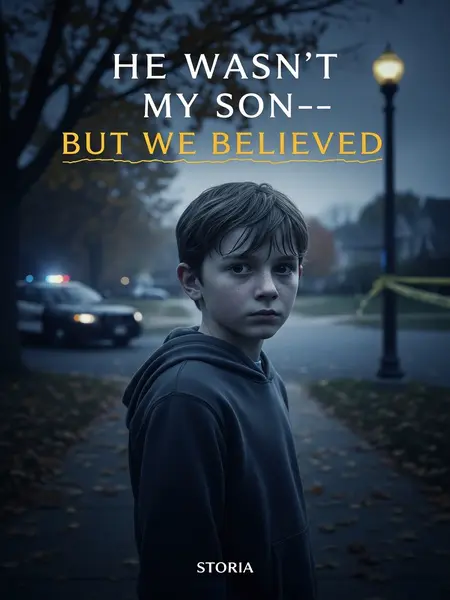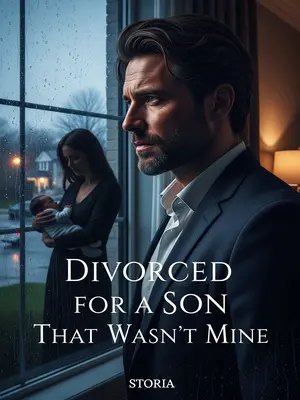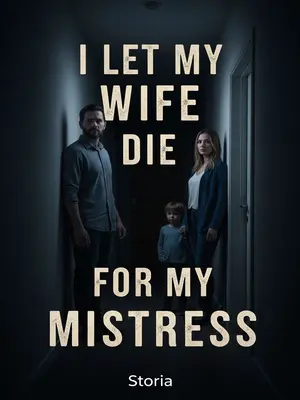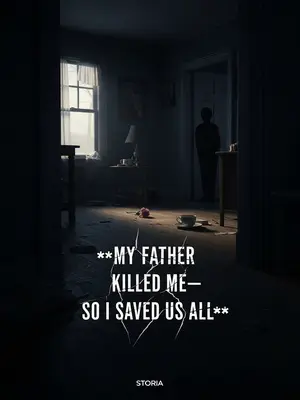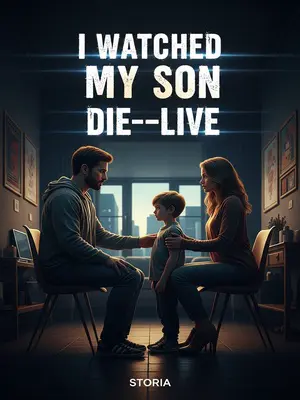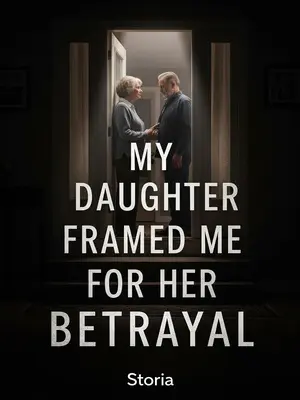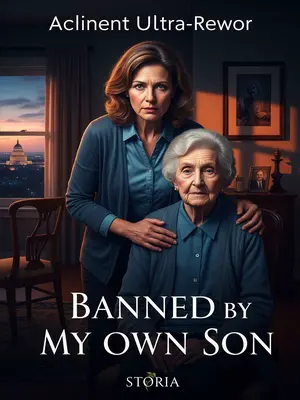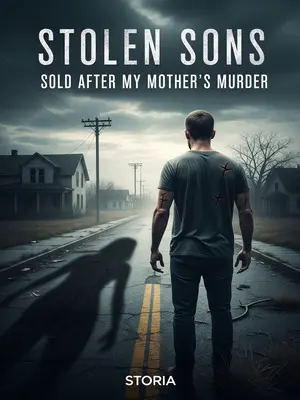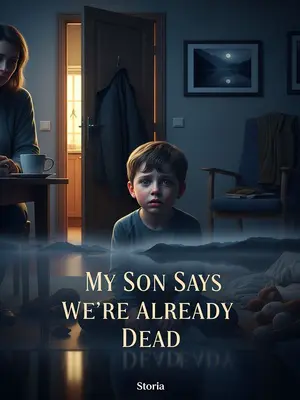Chapter 3: The Story No One Believes
He told her about eating bugs—cockroaches, worms—while the men laughed. Nancy’s stomach twisted, but she kept her face calm, jotting down every word.
Three years. Nancy couldn’t imagine it. She thought of her nephew, the same age as Nate when he vanished. The thought made her breath catch, but she pushed it down. She had a job to do.
He described sneaking through the halls, holding his breath as footsteps echoed nearby. Nancy pictured it—a scared kid, risking everything for a shot at freedom. She felt a flicker of pride for him.
He said he only realized he was in Spain when he saw the street signs, heard the language. Nancy made a note to check flight records. How does a kid get smuggled across the Atlantic without a trace?
He talked about stumbling into a police station, exhausted, half-starved. The officers took one look and sprang into action. Nancy felt a flicker of hope—maybe, just maybe, this nightmare was over.
After telling his story, Nate showed Nancy the scars. She examined each one, fingers hovering just above the skin. Some were old, others fresh. She took photos, her hands steady, her heart pounding.
His family confirmed every word. They sat around the kitchen table, nodding along. His mother wept, his sister clung to his arm, his father stared into the distance. Nancy watched for doubt. She saw none.
Those scars haunted Nancy. Long after she left, she found herself tracing them in her mind. She’d seen a lot, but this case stuck like a splinter.
She drove home with the radio off, the boy’s story echoing in her head. She wondered how anyone survived that kind of hell—and what she could do to help him heal.
With Nate’s permission, she called in every favor she had—press releases, TV spots, even a segment on Good Morning America. She wanted the world to hear his story, to shine a light in the darkness.
Soon, every major network wanted a piece of Nate’s story. He was invited everywhere—talk shows, news segments, even a late-night spot with Jimmy Fallon. Nancy watched from her couch, glass of wine in hand, feeling a strange pride.
Overnight, Nate was a celebrity. He threw the first pitch at a Rangers game, smiled for the cameras, inspired millions. The whole country cheered for him, desperate for a happy ending.
He was everywhere—interviews, book deals, even a movie option. Nancy watched it all, hoping he’d finally found peace.
Watching himself on TV, Nate wore a proud smile. He sat on the edge of his bed, remote in hand, grinning at his own reflection. For the first time in years, he felt seen, heard—maybe even loved. The applause washed over him like summer rain.
Yeah, you heard right—proud. He basked in the spotlight, soaking up every ounce of attention. For a kid who’d spent years in the shadows, it felt like coming home.
But here’s the twist: the whole kidnapping story? Made up. Every last bit. The kidnappers, the experiments, the scars—fabricated by a master storyteller desperate for a new life.
Truth was, he wasn’t Nate at all. The boy in the headlines was an impostor—a chameleon who’d slipped into a missing boy’s life like it was a borrowed coat.
His real name? Louis Moreau. Twenty-three years old, French by birth, and a man who’d reinvented himself more times than he could count.
Seven years older than the real Nate. The age gap should’ve been a dead giveaway, but Louis had always been able to pass for younger. A little dye, a little acting, and people saw what they wanted to see.
Age, nationality, hair, eyes—Louis was nothing like Nate. French, not Texan. Brown eyes, not green. Naturally dark hair, now dyed a suspicious blond. The differences were glaring, but grief can blind you to anything.
But Louis, with a few clever moves, fooled everyone—Nate’s family, the FBI, the media. He pulled off the con of a lifetime, slipping into a missing boy’s life as easy as shrugging on a jacket. Sometimes, the wildest stories really do happen here—if you know how to sell them.
Louis was a survivor, born and raised on the outskirts of Lyon, France. Foster homes, city streets, a world that never gave him a thing. By his teens, he’d learned the only way to get by was to take what you needed—and he was damn good at it.
His specialty? Forging identities. He could whip up a fake birth certificate in under an hour, talk his way into a free meal at any soup kitchen, and charm a social worker into a week’s stay at a hostel. For Louis, life was a game. The prize: food and shelter.
Becoming Nate? That was pure accident. He never planned much—just rode the current, adapted, survived. When opportunity knocked, Louis answered. No questions asked.
Over the years, Louis had impersonated more than 500 people. He kept a notebook, stuffed in his backpack, filled with names, birthdays, little quirks. Sometimes he’d flip through it just for the thrill—so many lives, so many stories.
Of course, the French police were onto him. His mugshot was pinned up in stations from Paris to Marseille. But Louis always stayed a step ahead—moving like a ghost, slipping through cracks nobody else even noticed.
Eventually, he had to run. Spain was as good a place as any. He crossed the border at night, blending in with tourists and truckers. Spain was unfamiliar, but Louis thrived on that. He figured he’d lay low, find a new name, start over.
But he was too old for the shelters there. They turned him away—too many kids, not enough beds. Hunger gnawed at him, but Louis just shrugged. He’d been hungrier before.
So, he came up with a plan. He always did his best thinking on an empty stomach. That night, wandering the streets, desperation met genius.
He’d call the police. Pretend to be a passerby, claim there was a starving boy on the sidewalk. On October 7, 1997, the air cool and the city buzzing, Louis ducked into a phone booth and dialed the number he’d seen on a flyer.
